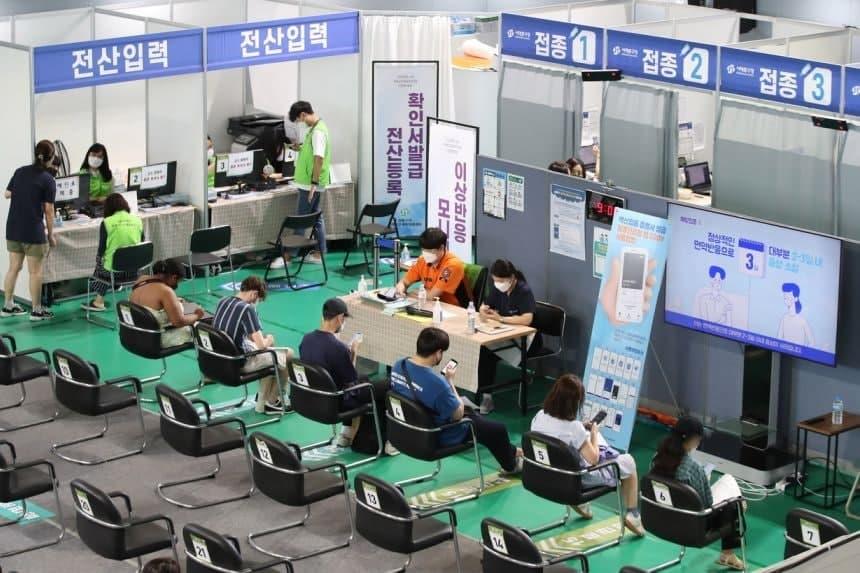SEOUL, Aug 11 (Reuters) - South Korea reported more than 2,200 new COVID-19 cases on Tuesday (Aug 10), a record since the pandemic began last January, Health Minister Kwon Deok-cheol said on Wednesday as the country grapples with its worst COVID-19 outbreak to date.
Despite having distancing measures in place for over a month, infections have spiked due to the spread of the more transmissible Delta variant and a rise in domestic travel over summer, Kwon told a COVID-19 response meeting.
He also noted a rise in so-called "silent spreaders" within communities such as workplaces, indoor gyms, churches and nursing homes, leading to an increase in infections of unknown origin.
South Korea has been struggling since July to tame sporadic outbreaks of COVID-19 that were at first centred largely on metropolitan Seoul but have since spread nationwide.
President Moon Jae-in told a meeting of aides on Wednesday that the rise in cases was of great concern and asked for the continued cooperation of residents and health officials.
"(We) are at a critical period that could be a turning point for further increases in infections if we fail to stop the current spread," Moon said, according to his spokesman.
Nearly half of new cases detected recently have been found outside Seoul and in summer holiday spots, while authorities are concerned many people are ignoring social distancing rules.
Kwon strongly urged people who return from holidays to voluntarily get tested before going back to work.
The Korea Disease Control and Prevention Agency (KDCA) reported 2,223 new coronavirus cases on Tuesday, bringing the country's coronavirus infections to 216,206, with 2,135 deaths.
KDCA officials said a continuation of infections at the current pace could strain the country's health care system.
Only 15.7 per cent of South Korea's 52 million people have been fully vaccinated, while 42.1 per cent have received at least one dose of vaccine. The government's target is for 70 per cent to have received at least one shot by September.
